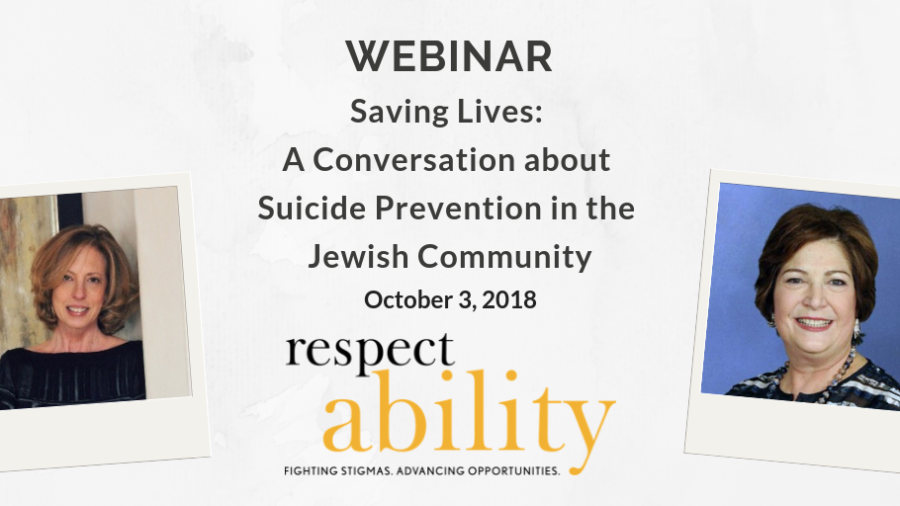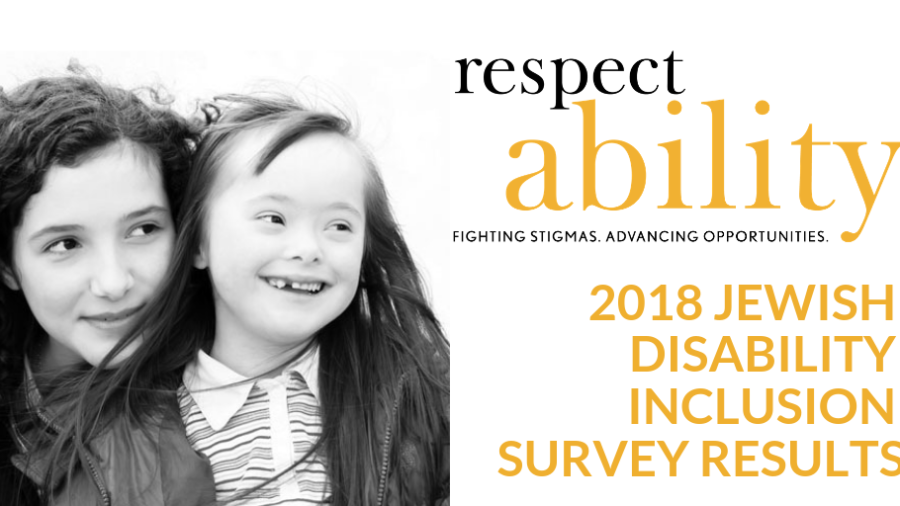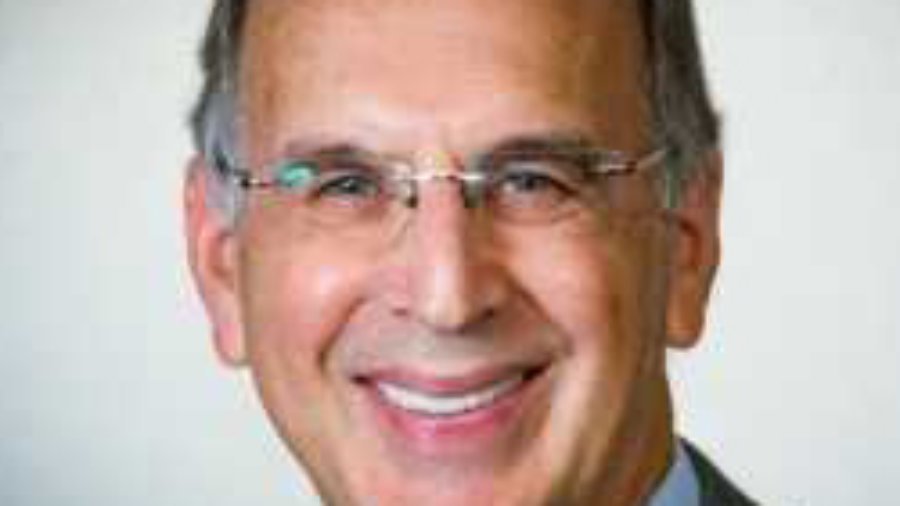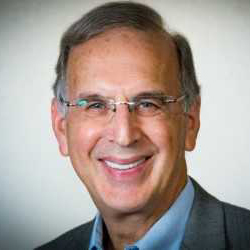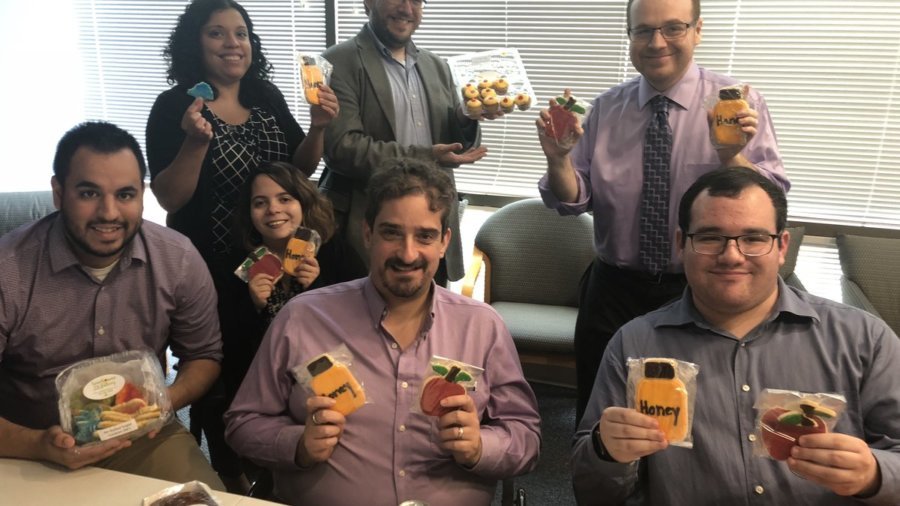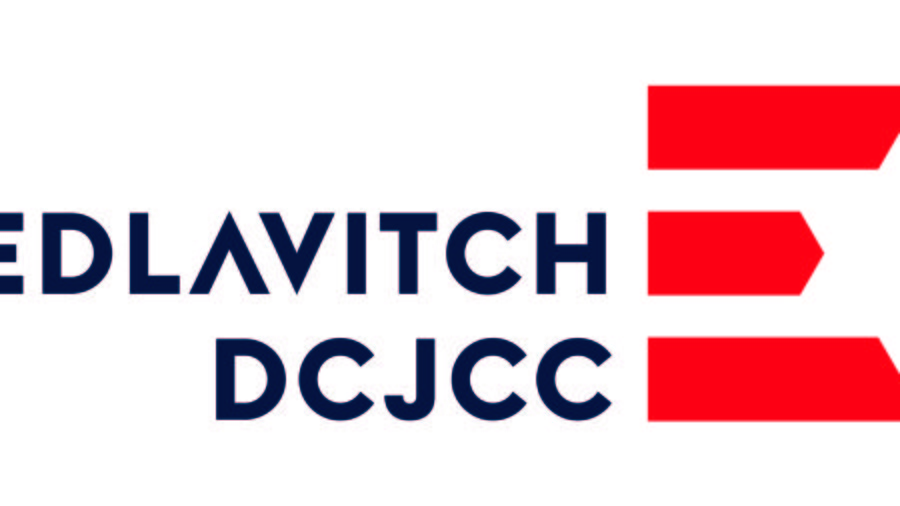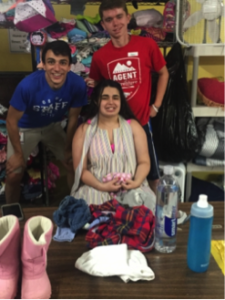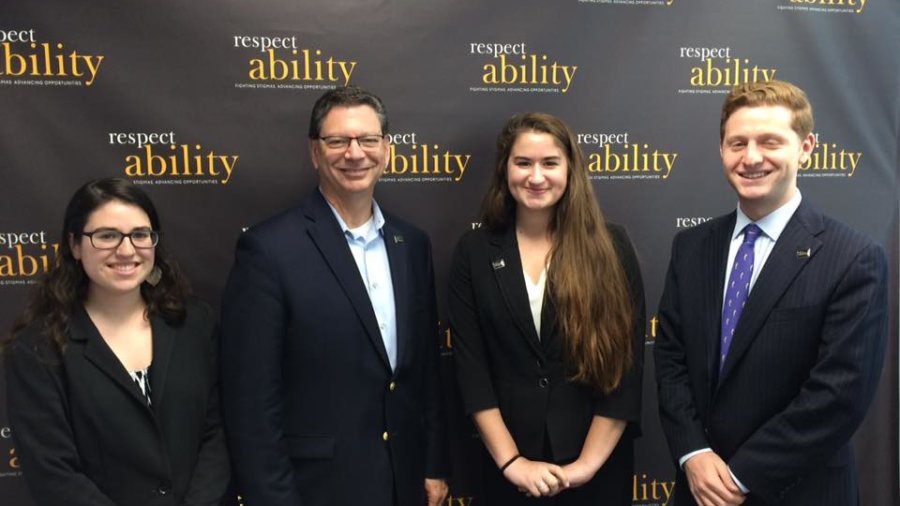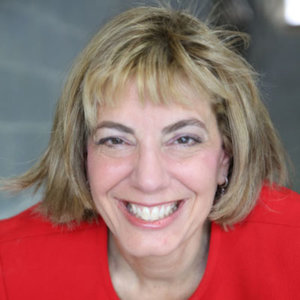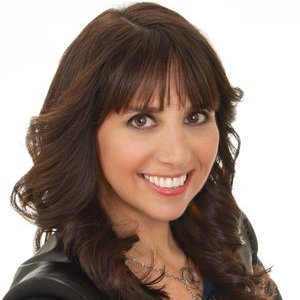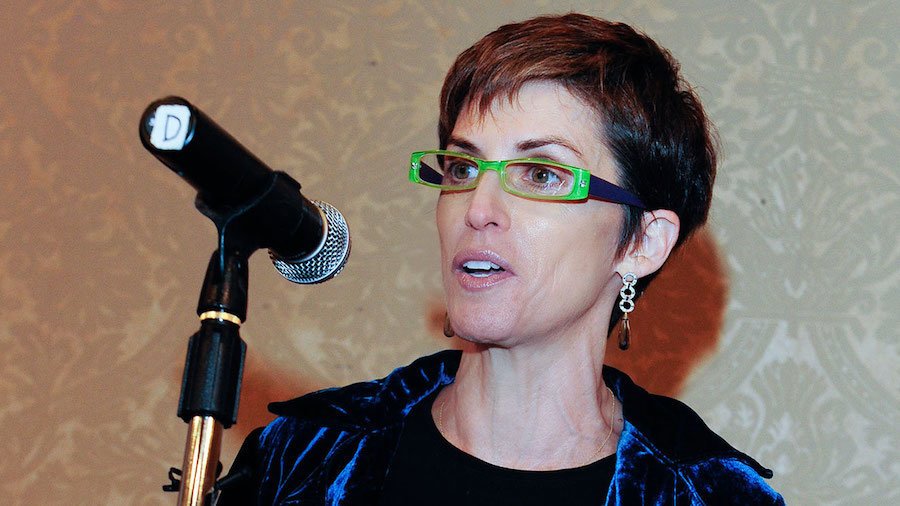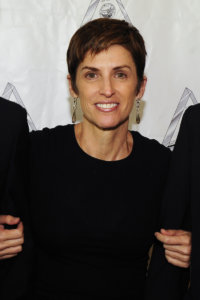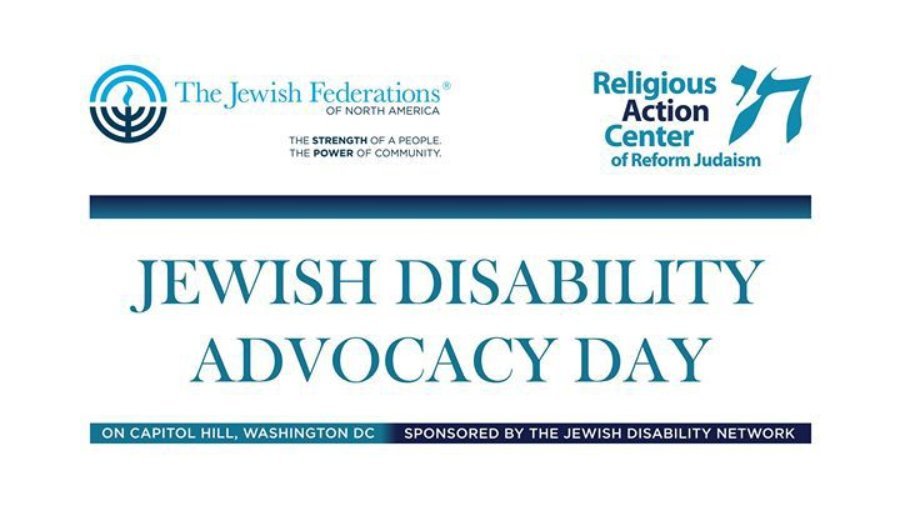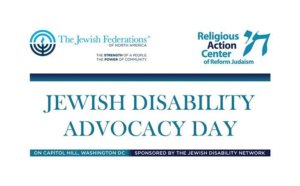New National Poll Released on Inclusion of People with Disabilities in Faith Communities Shows Concerns on Access to Healthcare, Education, Jobs, Fighting Stigmas and Jewish Inclusion
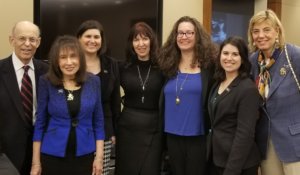
Ron Glancz, Vivian Bass, Lauren Appelbaum, Heidi Daroff, Dana Marlowe, Hillary Steen and Jennifer Laszlo Mizrahi on Jewish Disability Advocacy Day
Survey Responses – Jewish Respondents (PDF)
Survey Responses – People with Disabilities compared to People without Disabilities (PDF)
Los Angeles, Calif., Sept. 17 – More than 4000 respondents participated in the “RespectAbility 2018 Jewish Disability Inclusion Survey,” which focused on the inclusion of people with disabilities in faith communities in America. This includes more than 900 individuals who self-disclose that they are a person with a disability.
The Jewish respondents with disabilities point to a lack of people with disabilities in leadership roles as clergy or staff at Jewish institutions and do not fully feel welcomed to serve as leaders in lay positions in the Jewish community either. Only 15 percent of Jews with disabilities know of a person with a disability in leadership. Fewer than 10 percent of Jews without a disability connection know of a person with a disability in leadership. Only 18 percent of people with disabilities answer “yes” that they “feel that people with disabilities are encouraged to serve on the boards and committees of your faith-based institutions.”
“If you see it, you can be it – and today Jews with disabilities need more role models with disabilities in leadership in the Jewish community,” said Jennifer Laszlo Mizrahi, president of RespectAbility. “Many also want to be recruited, trained and empowered to make the Jewish community stronger, just like anyone else.”
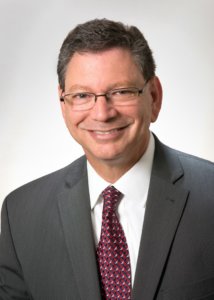
Steve Rakitt
Steve Rakitt, President of the Genesis Prize Foundation, added, “It is important that each of us – as participants and as leaders in the Jewish community – be open about our own disabilities. The fact that most respondents cannot name a Jewish leader with a disability simply highlights that many disabilities are not visibly evident. By modeling openness and candor, we can change the perception that being a Jewish leader and being a person with a disability are not mutually exclusive.” [continue reading…]


